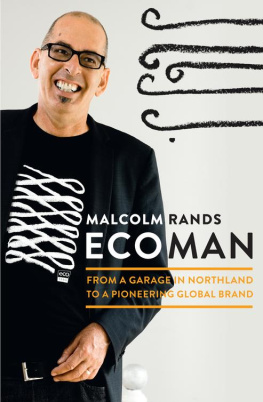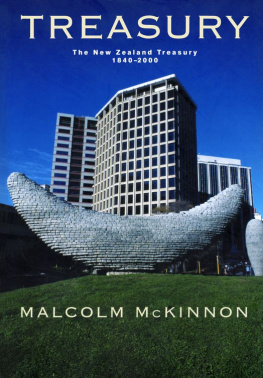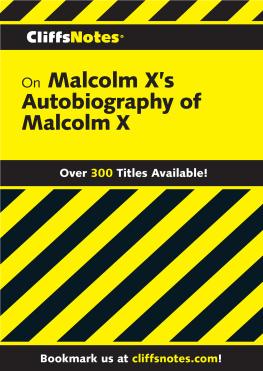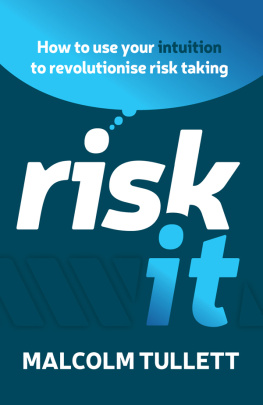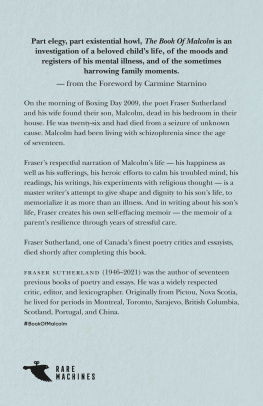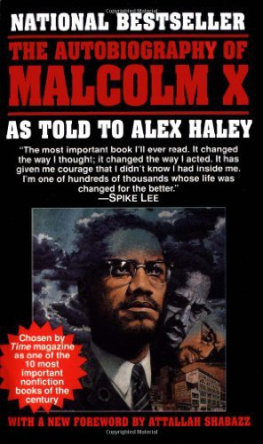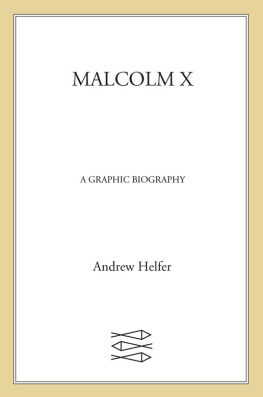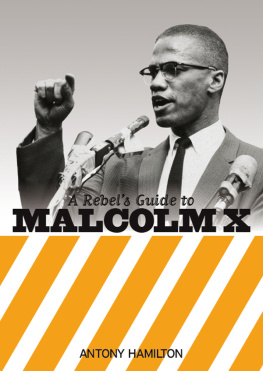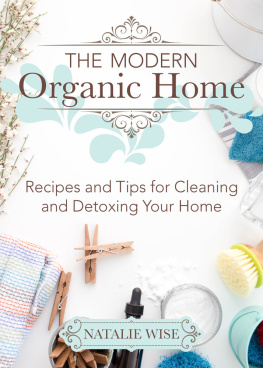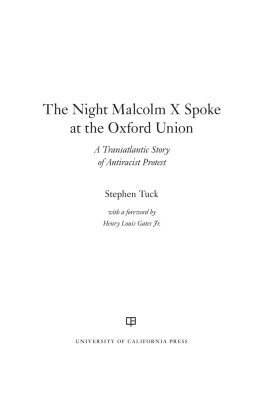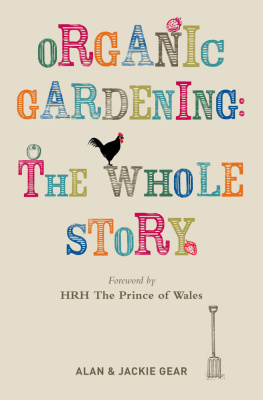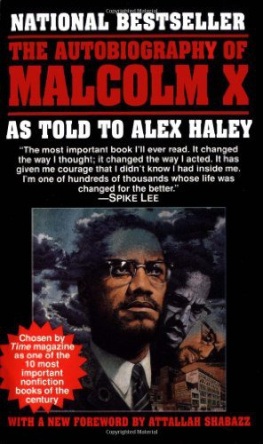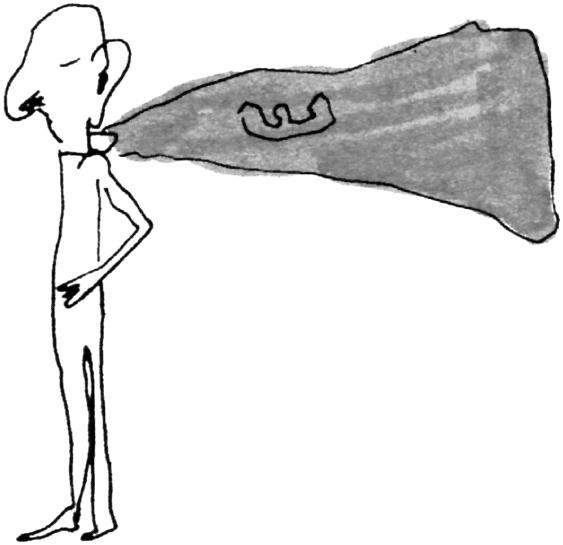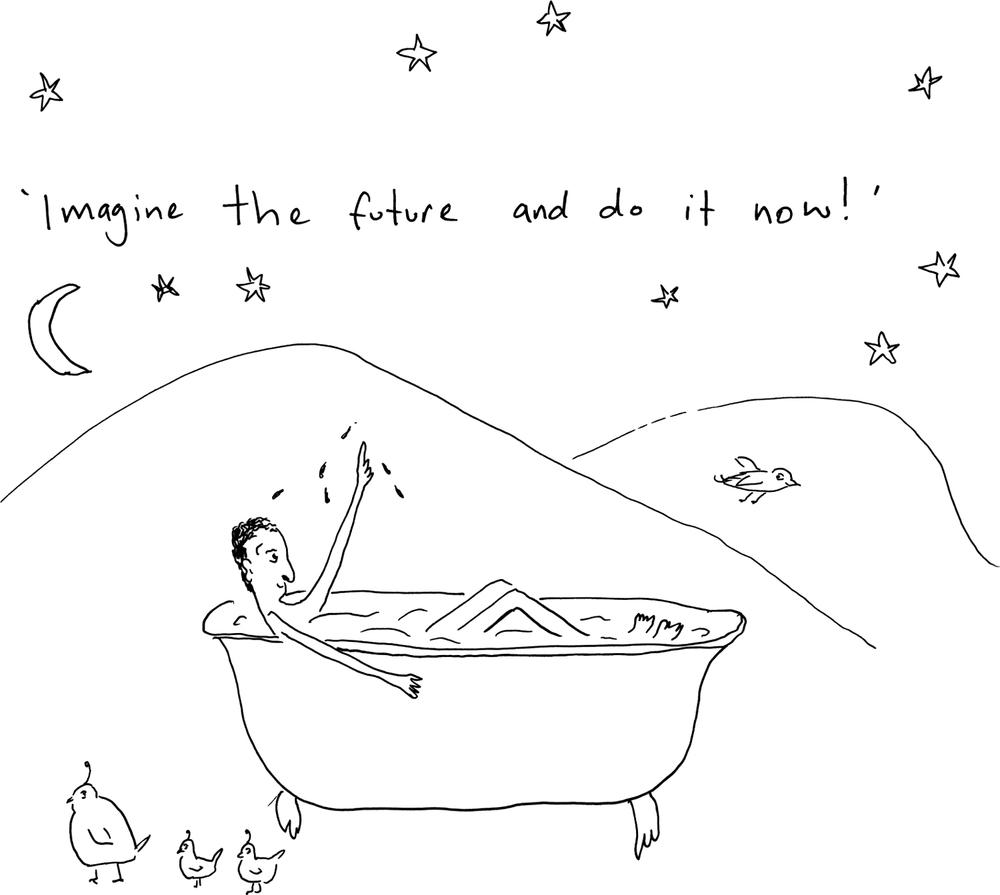MALCOLM RANDS ENTREPRENEUR, ACTIVIST, ARTIST AND KIWI SUPERHERO AKA ECOMAN LAUNCHED THE ECOSTORE RANGE OF PRODUCTS WITH HIS WIFE MELANIE IN 1993. TWENTY YEARS ON, ECOSTORE IS A MULTI-MILLION DOLLAR BUSINESS.
Its masterfully branded products are on the shelves of every supermarket in New Zealand, 2000 stores in Australia, and more in the US. Now with a foothold in Hong Kong, Singapore and the Middle East, ecostore is poised for further global expansion.
This inspirational memoir tells how Malcolm Rands did it, from humble beginnings, driven by determination and the courage to take on the multinationals and create safer, healthier products, with no nasty chemicals.
MALCOLM IS A TRUE ECO WARRIOR WHO LIVES AND BREATHES ENVIRONMENTAL SUSTAINABILITY IN EVERY FACET OF HIS LIFE AND BUSINESS PRACTICES. SIR RAY AVERY
Dedicated to Melanie, Ahi and Keva
In memory of Geoff and Paula
CONTENTS
I f the pinnacle of success is a person doing something for the benefit of our planet and its people, then Malcolm Rands is a very, very successful man.
Malcolm is a true eco warrior who lives and breathes environmental sustainability in every facet of his life and business practices. I remember one day Malcolm picking me up in his car, which was being fuelled by recycled chip-frying fat. The car was petulant at start-up and uncertain in acceleration, but Malcolm beamed that it was the Rolls Royce of sustainable urban transportation.
When Malcolm first approached my company to help reformulate his products, I told him that I would, providing that the formulations we developed were as natural as we could make them, using ingredients from sustainable natural resources. I also told him that the formulations should be elegant, using the least number of ingredients at the lowest possible concentration to get the job done, and that we should use only ingredients which have the highest possible health and environmental safety ratings. I also told him that, despite using fewer ingredients, the cost of production would probably be more expensive to manufacture than proprietary manufactured products, as they used cheap petrochemical-based ingredients rather than expensive natural ingredients. Malcolm replied that thats exactly what he wanted and we shook hands and the rest, as they say, is history.
There is a lot of green washing in the cleaning and personal-care industries, with multinational companies adding 1 per cent natural aloe vera to the same old harsh petrochemical-based body-wash formulations and marketing it as new natural aloe body wash.
Many proprietary personal-care products contain harsh cleaning agents which are known skin irritants and which strip away the skins natural fatty acid mantle, causing skin irritation and allergic reactions. Others contain ingredients which are known to cause damage to aquatic species or are known eco toxins.
The responsibility for the health and safety of our children and our planet lies ultimately in the hands of the consumer, and Malcolm spends a great deal of time and energy trying to educate consumers about the dangers of using products which contain ingredients that have chemicals which are harmful to our planet and its people.
The sum of Malcolms efforts to manufacture 100 per cent natural products should not be limited to the success of ecostore, but rather that he has almost single-handedly created a national and international awareness of the need to create an environmentally eco-friendly sustainable business and shown how it can be done.
The world needs more people like Malcolm Rands. The future wellbeing of our planet and its people depends upon it.
Sir Ray Avery GNZM
I n the early summer of 1984 I walked with three friends up a dirt track that wound four kilometres back from the Northland coast, deep into a valley whose scrubby farmland hillsides rose gently to meet a neighbouring reserve of native forest. Our footsteps broke the air into pieces, but if we stopped and held our breath, a heavy warm silence enclosed us, broken only by birdcalls.
We walked right to the back of the block of land up the gully was how Brian Clements, the farmer selling us the property, described it. Little streams wriggled down from the native reserve, feeding a wider stream that meandered along the foot of the valley. All of us could feel it rising in our chests: We love this place. It was what wed been looking for. It would be our turangawaewae, our place to stand. This was where we would build our lives.
I moved onto the land in 1985 with those friends and soon was joined by my girlfriend, Melanie. For the first year or two we didnt have a house, but we camped in tents and caravans and cooked over an open fire. It was quite a romantic time of our lives. We were making our dream real.
Eventually we built six houses at the head of this 150-acre block of land six houses that cluster together to form a living community that we call Mamaki. We call it an ecovillage because our whole project has been developed along the ideas of permaculture looking after the land, looking after our neighbours.
As a group, we liked to set ourselves challenges. We knew that the water trickling onto our land from the neighbouring reserve was some of the purest water on the planet, and so we said to ourselves: Lets try and make sure that the water leaving our land is as pure as the water coming into it. We were quite smug about our ability to do that. Our land practices were pretty good. We were all organic gardeners. We were opposed to the use of pesticides and fungicides and artificial fertilisers so we were pretty sure that there wasnt going to be a problem. We were full of hubris well show the cow cockies how to do it!
But then we realised: what about the water coming out of our houses? Wed need to be mindful of that as well, because in the end what leaves our homes will end up in the waterways, down into the water table and in local streams. We went and looked at the bottles of products we used to wash our homes and our bodies the dishwashing liquids, laundry detergents, shampoos, conditioners, soaps and moisturisers which were just all the usual supermarket products and we were horrified. The chemicals we were using inside our homes were actually worse than the stuff wed been campaigning against on the land. They were inside our houses, all over our bodies.
What was even worse was it had been almost impossible to find out what ingredients were in the household cleaners. The manufacturers didnt have to put anything on the labels, and they didnt even have to test the chemicals they used. Its still that way today. Its like the wild Wild West of chemicals. We realised that if we were to keep using these products, they would damage the quality of the water and the land on which we were living.
With the body products soaps, hair products and moisturisers the manufacturers do have to put the ingredients on the label, but the names are so complicated that no one knows whats going on anyhow, especially back in those days before the internet.
It was our light-bulb moment. We we at this point becomes our family not the whole village became aware there was a huge problem. Looking around to see if there were any alternatives, we found some in tiny, ma-and-pa-type operations. And of course we did the whole white-vinegar-baking-soda-borax thing, but that was never wholly satisfactory. And none of the alternatives were easy to get or easy to use, and borax has turned out to be quite toxic.

